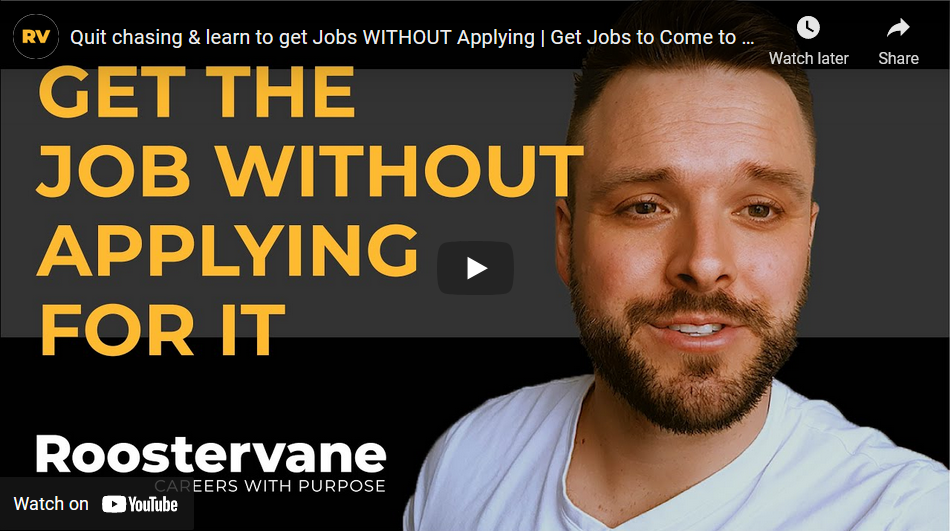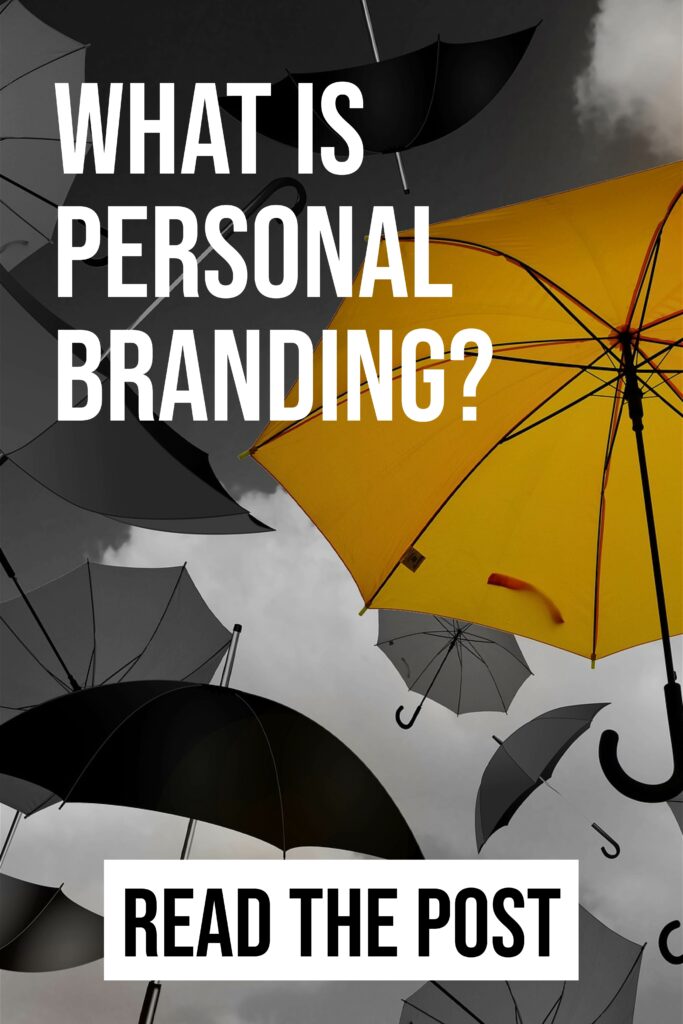My first time out in the workplace with my PhD, I found myself apologizing for it a lot. I’d say things like: “Yeah, I have my PhD, but don’t worry—I’m a hard worker,” or “I do have a PhD, but I love people!”
Both of these statements are loaded with assumptions that I had about how employers viewed PhDs. I tried to combat these preemptively (without even knowing if they were true.)
In fact, some were true. Employers often don’t know how to deal with PhDs, so much so that some PhDs are leaving their degrees off of their resumes. Many PhDs are told that they are “overqualified” for non-academic jobs that they’d love to have. (I tend to think this is probably only occasionally true, and much more frequently a cop-out for telling the PhD the real reason they didn’t get hired–which could be anything from “we don’t think you can do the job” to “we actually want to hire the boss’ nephew.”)
As I hang around employers, I’ve heard some of the things they believe about PhDs. Some of these beliefs are well-founded. Some are not. But either way, it’s worth knowing what employers fear when they hire PhDs and how you can set their minds at ease so that they’ll hire you!
Here are a few concerns employers have about hiring PhDs:
1. That PhDs are too weird
PhD students occasionally have a reputation for being anti-social, and in most of my experience this isn’t entirely true. Yes, some of us may be more introverted, but that’s not unique to PhDs. And that hardly means that we can’t function in a social setting.
But it doesn’t change the fact that some employers imagine that, if they hire a PhD, that person will avoid eye contact and pick wax out of their ear while going on monologues about Foucault or Derrida (I did have a prof who did this once).
The REAL concern employers have about hiring PhDs here, I think, is about fit. They’re worried that a PhD won’t be a good fit for their team, and that they won’t be able to work together with others.
How to address it:
There’s no one way to overcome this idea about PhDs, especially since it’s not usually based in reality, but I would say that if you can get in front of employers and be clean, respectable, maintain eye contact, and have a bit of a conversation, you’ll be fine. This is why networking is so important, and why I dedicate so much time to it.
Even in your written correspondence, you can suggest that you’ll be easy to get along with.
Which of these is better?
“I would be interested to meet and discuss my qualifications further.”
Or
“I’d love to meet and talk about what you’re looking for and whether I might help.”
This is just a random example, but every interaction we have with a potential employer should suggest to them that we’ll be a joy to work with.
2. That they’ll take forever to get things done
I had never thought about this particular concern employers have about hiring PhDs until I had an employer voice it to me (about PhDs in general, not about me).
PhDs have a reputation for not getting things done.
And it fits with what I know of academia.
I could always get something done when there was a hard deadline (ie. a grant application).
But soft deadlines in the academy were running jokes that senior academics laughed at and junior academics had nervous breakdowns over.
I heard things like:
“Haha, I had a book deadline last week. That’s not going to happen.”
“I was supposed to get my paper written a week before the conference, but I’m doing it on the plane.”
Really, academics can have a very different sense of time (as do some senior managers in companies). Many deadlines within academia are flexible, and we know it.
Apparently some employers have also caught wind of it or, in the case of the one I talked to, had hired PhDs and realized that they couldn’t make a deadline.
In this case, the PhD was fired for it.
How to address this:
Show with your interactions and your resume that you can be punctual and meet deadlines. Highlight it if necessary. Give examples of times when you ran a project that came in on time and under budget (if you have them).
Or, at the very least, just address it when you’re in an interview. Tell them that you can get things done on time. And most importantly, BE on time and organized for your interview or other meetings. Get things back promptly.
3. That their writing will be TOO academic
I know this seems a bit counter-intuitive, especially since I often emphasize that PhDs are great writers and that employers want this.
And they do want great writing!
But there’s a catch.
When writing gets too academic, too verbose, and has too much passive in it, it’s not much use to employers. They need things that are really well-written, but that are also easy to understand. I know PhDs who have told me they had to unlearn SOME of their academic writing traits to work in the non-academic world.
How to address this:
If you haven’t, you’ll need to develop a high-quality writing voice that isn’t typical academic-style, but rather is clean, clear, tight, and easy to understand. (IMHO more academics should develop this within the academy too, but that’s a different story.)
This one is fairly easy to address. If an employer is reading something you wrote, there’s a good chance you have control over it.
Make sure your LinkedIn profile is well-written, but accessible. (For a guide on how to create a LinkedIn profile, click here.) Don’t use an excerpt of your dissertation or tons of discipline-specific terminology. Make your resume accessible. If they ask for a writing sample, send something that’s not over the top obscure (if you can). Or, write for other mediums like blogs or policy magazines. Perhaps try your hand at drafting a report.
4. That they won’t be professional—they’ll act like a student
Occasionally I meet employers who seem to think that PhD students are still students, and that they’ll basically be hiring a 34-year-old kid whose hand they have to hold.
And there’s something to this, because ideally when employers are looking for senior people, they expect them to just get the job done with minimal supervision. They’re not looking for a rookie.
And some PhDs are technically rookies. We can’t necessarily change this. We can’t change our resumes to show more experience.
How to address this:
We CAN do everything within our power to suggest to employers that we are employees who show up and get things done–that they can rely on us, and that we’re quick learners.
You can give examples of things you’ve led with minimal supervision. You can practice interviews with a friend until you exude competence and confidence. We can–again–create LinkedIn profiles and an online presence that SCREAMS to the world that we are serious professionals who are worth hiring. (Read the related post here– I reviewed 53 academic LinkedIn profiles. Here’s what I saw).
5. That their knowledge is too specialized
The vast majority of workplaces I’ve seen don’t need the level of specialized knowledge that academics have.
There are exceptions, of course. Certain positions in industry or policy require highly-specialized knowledge—and the better grasp you have of the complexities of the field the better.
But many PhDs will transfer into positions that require them to be more generalists than specialists. And employers need and expect them to be generalists.
When I worked highway construction, there was one day where my boss told me to drive an enormous front-end loader. I had no training or experience and should have said no! I got up there and did it.
That rather dangerous example from my work history is a good metaphor for my post-phd career trajectory. I was surprised when I entered the workplace that I was expected to get up to speed quickly to run projects that were not at all my PhD area of expertise. (Fortunately, they were less dangerous than driving a front-end loader.) And people didn’t expect me to have PhD-level expertise to do the work. I learned to jump and grow my wings on the way down.
How to address it:
This can be a challenge, because PhDs are trained to not-talk about things they don’t have expertise in, or to preface things they say with “this isn’t my area, but…”
You don’t need to do that outside of the academy. Nobody will fault you for having an opinion or general knowledge of a field you don’t have a PhD in. After all, most people do it every day.
Sometimes you may just have to jump in and do it.
Do show that you’re interested in more than one thing. If you have expertise in several things, great. Think broadly about your field and specialty and take cognates seriously. When you can, read literature in complementary fields that will broaden your horizons. And always be willing to learn fast.
Conclusion
These are just a few of the concerns employers have about hiring PhDs, and hopefully the suggestions here give you some tools to counteract these before they impact you negatively. You may walk a fine line between being overqualified or underqualified when working outside of academia. But if you can get an employer past their objections, you can make sure that hiring you will be the best decision they ever made!
Read More:







